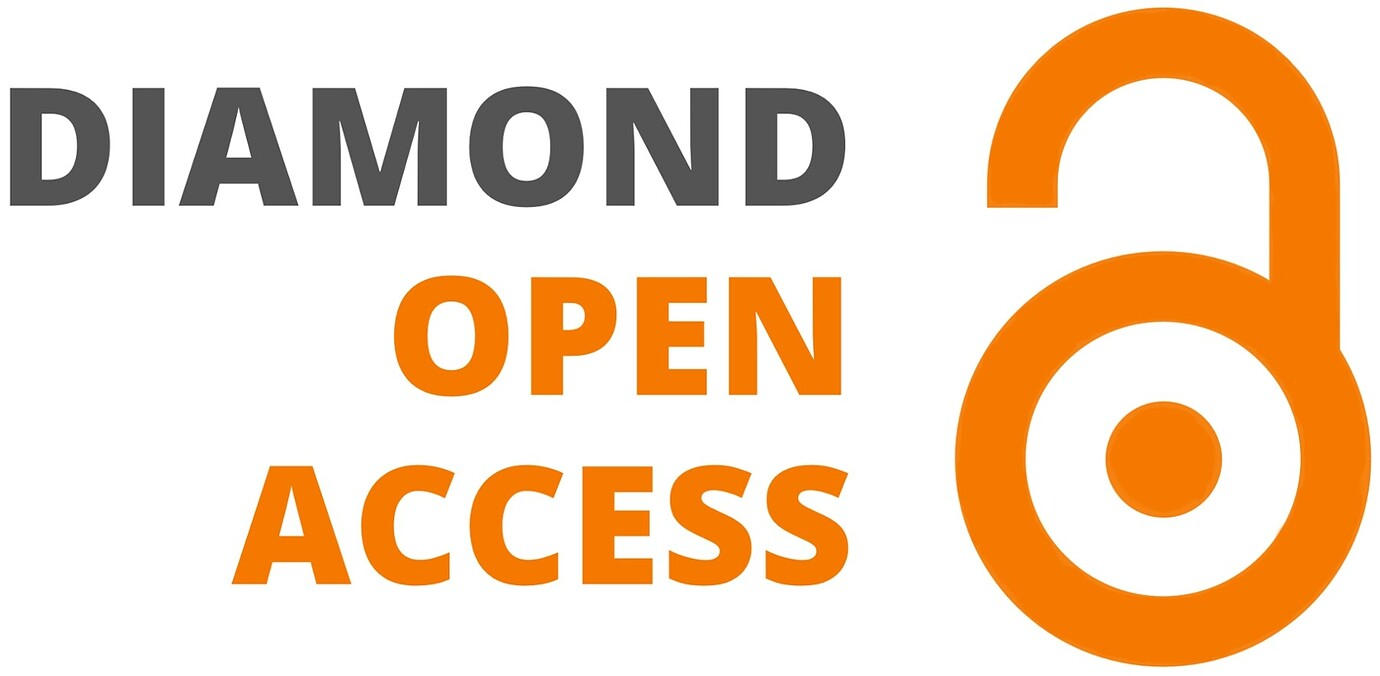The role of executive functions in oral language development: Theoretical and practical aspects
Keywords:
language, comprehension, cognition, executive functions, developmentAbstract
Executive functions (EFs) refer to high-level control mechanisms involved in the self-regulation of acts and behaviors in response to broader environmental constraints. It is widely agreed that they are composed of three distinct but interdependent basic processes (inhibitory control, updating in working memory, and mental flexibility). EFs are assumed to intervene in any situation requiring control and cannot manifest themselves apart from their application to other cognitive processes. In this context, a wealth of literature currently supports the view of a role of EFs in oral language development. This review aims to report the current state of knowledge concerning the existence and the possible nature of the links between the three basic executive processes (considered separately) and the child’s receptive language skills. A brief approach of the field of expressive language is also proposed by extension. The analysis of the collected data leads to consider the possibility of an operating mode where language systems underlying specific representations would engage domain-general executive control processes to improve their abilities during development. This conceptual framework could involve the progressive development of specialized complex networks. The practice implications of this kind of hypothesis, particularly within the field of remediation, are addressed in the conclusion of this work.




